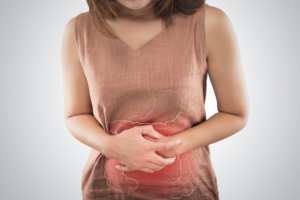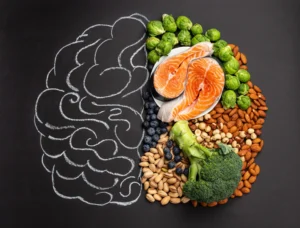Optimal hydration depends on individual needs. On hot days or during exercise, increase your fluid intake and consider IV fluids if you experience excessive fluid loss.
Physical activity , fever , excessive sweating , or simply high temperatures can cause the body to lose its balance, causing it to lose more fluids than it takes in to carry out its normal functions. If these fluids are not replaced, the body can become dehydrated.
Hydration is a fundamental pillar of health, but amid myths and conflicting recommendations, many people don’t know how much water they need or when they should opt for alternatives like oral fluids.
According to the Mayo Clinic, men require approximately 3.7 liters of fluids a day, while women need about 2.7 liters.
However, this figure is not rigid, and there is no one-size-fits-all formula, as factors such as age, weight, physical activity level, and climate influence individual needs.
The U.S. National Academy of Medicine supports these figures, but adds that about 20 percent of our hydration comes from foods like fruits and vegetables, meaning not all water should be consumed in liquid form.
What is hydration?
Hydration involves replacing the fluids the body loses throughout the day, ensuring proper water balance.
But staying hydrated and knowing how to do it is very important. This action goes beyond simply drinking water, as the body also needs salt to maintain fluid balance through osmosis, which regulates the amount of water in the cells.
While water is the body’s primary chemical component and accounts for approximately 50 to 70 percent of body weight, salt plays a crucial role in our bodies by containing electrolytes such as sodium, potassium, and chloride, which generate an electrical charge in the blood and body fluids, helping to maintain balanced hydration.
However, it is not necessary to add more salt to the water we drink, since the recommended amount of sodium is ingested through our normal diet.
Symptoms of dehydration
Mild dehydration can go unnoticed, but if left untreated, it can progress to a serious condition. According to Dr. Madelaine Castellanos, Chief Resident at the Social Security Institute, the key symptoms for identifying dehydration are:
- Excessive thirst and dry mouth (although thirst is not always the first indicator in older adults).
- Dark, light urine, a sign that the body is retaining fluids.
- Fatigue, dizziness, and confusion, due to decreased blood flow to the brain.
- Muscle cramps, caused by an imbalance of electrolytes such as sodium and potassium.
In severe cases, dehydration can lead to low blood pressure, rapid heart rate, and even organ failure, MedlinePlus warns.

Why do I get dehydrated?
The causes of dehydration can be many. Beyond not drinking enough fluids or having a fever, these are some of the reasons that can lead to dehydration:
- Intense exercise: Running, swimming, or working out at the gym increases fluid loss through sweat.
- Hot or humid weather: High temperatures accelerate dehydration, even without exercise. This cause is aggravated by working in the heat or engaging in physical activity.
- Gastrointestinal illnesses: Diarrhea and vomiting cause rapid loss of fluids and electrolytes, requiring more careful hydration.
- Pregnancy and breastfeeding: Women during these stages need up to an extra liter a day.
When to use serums for hydration?
Water is the best option for daily hydration, but in certain situations, oral serums are essential:
- Infections with diarrhea or vomiting: serums replace not only water, but also lost electrolytes
- Prolonged exercise (more than one hour): Athletes may need electrolyte drinks to prevent cramping and extreme fatigue.
Sports drinks, although useful for post-workout recovery, contain added sugars and should not be used as a substitute for serums in cases of illness, since, according to physician and surgeon Enrique Quijivix Alonzo: Serums should not be confused with energy drinks, since the latter are not optimal for hydration.
Commercial serums are formulated with precise concentrations of sodium, potassium, and glucose, making them safe and effective. However, in emergencies, Quijivix recommends a homemade solution:
- 4 – 5 liters of water
- 10 oranges
- Sugar to taste
- Salt
- Sodium bicarbonate
For preparation:
- Boil water, even if it’s purified. Quijivix recommends boiling it.
- Sweeten the water to taste
- Squeeze the juice from 10 oranges and add it to the sugar and water mixture.
- Add a teaspoon of salt and another of baking soda
- Mix until all ingredients are integrated, chill, and drink.
This preparation is quite easy to make, tasty, and contains water and glucose (which includes sugar). The orange adds potassium and vitamin C; the baking soda provides sodium, and the salt provides sodium chloride, the doctor commented.
























+ There are no comments
Add yours